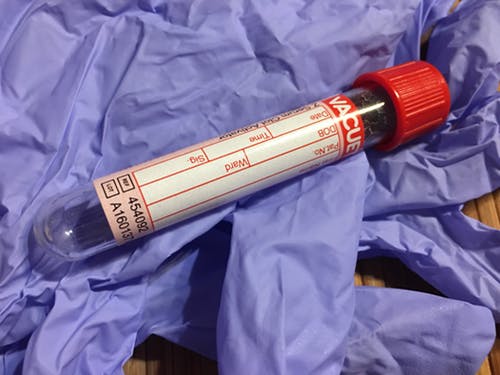Mis-management’ of abnormal labs in conventional medicine

Mis-management’ of abnormal labs in conventional medicine
In my last opinion piece, I discussed the limitations imposed on GPs when ordering blood tests. Even more disturbing, in my opinion as a GP who worked in conventional medicine for 18 years, is the mis-management of some of the blood tests that GPs are actually allowed to order.
Take thyroid stimulating hormone (TSH) for example, which is an important marker of thyroid function. A 2008 study of 25,000 healthy Norwegians found that:
- TSH is linearly associated with coronary artery disease.
- Patients with TSH of 1.5‐2.4 were 41% more likely to die over next 8 years compared to those with a TSH below 1.5
- Patients with a TSH of 2.5‐3.4 were 69% more likely to die
With the above research and also a study showing that 95% of normal individuals have TSH levels <2.5, the obvious questions are:
1. Why are reference ranges of 0.4-4 still accepted by conventional medicine?
2. Why do guidelines, that GP’s are advised to follow, suggest that for ‘TSH 4 to 6, [only] monitor every 6 to 12 months’? (search ‘Hypothyroidism’)
One of the possible answers to the above questions, is that financial considerations play a part. In other words, the cost of treating everyone with a TSH above 2.5, let alone 1.5, would be obviously greater than treating using the current guidelines. This, however does not make good fiscal sense if you consider long term health as a goal of individuals and also of the New Zealand healthcare budget.
Reference ranges are a whole other subject in themselves, with errors possible due to very few laboratories performing their own reference range studies “…instead of performing a new reference interval study, laboratories and manufacturers refer to studies done many decades ago, when both the methods and the population were very different.”
Reference ranges also do not factor in the individuality of patients. Some patients feel and function better by having TSH levels of 4-6 managed with nutrition, supplements and/or medication, whereas others feel no different with management of TSH’s at this level.
Again, this is a great example of the beauty of Integrative (Functional) Medicine which individualises treatment based on the patients’ symptoms as well as their laboratory ‘score’. Humans are more than just a number so please consider this when treating your patients.
